Update time : 2020-11-09 Publisher:Tongda
Organic fertilizer is mainly derived from plants and (or) animals, and is applied to the soil to provide plant nutrition as a carbonaceous material with its main function. Processed from biological materials, animal and plant wastes, and plant residues, the toxic and harmful substances are eliminated, and it is rich in a large number of beneficial substances, including: a variety of organic acids, peptides, and abundance including nitrogen, phosphorus, and potassium Of nutrients. It not only provides comprehensive nutrition for crops, but also has long fertilizer efficiency, which can increase and renew soil organic matter, promote microbial reproduction, and improve soil physical and chemical properties and biological activity. It is the main nutrient for green food production.
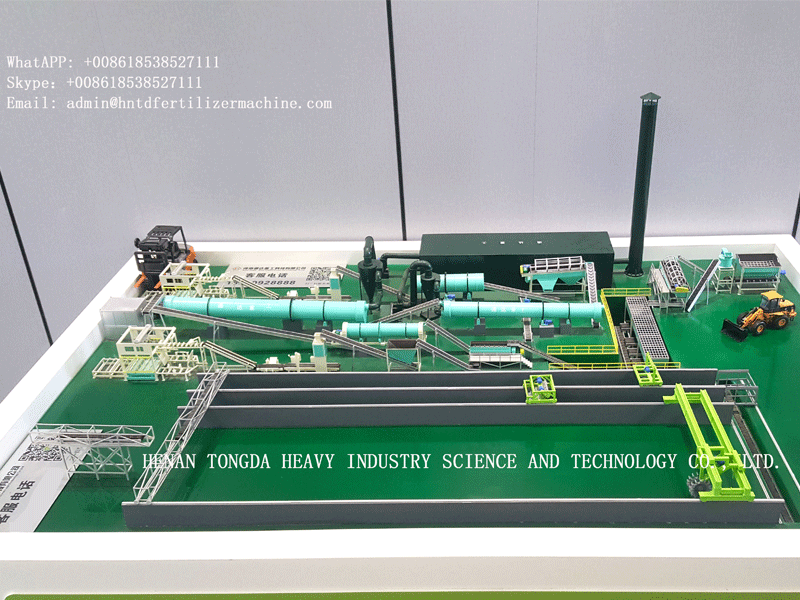
The definition of organic fertilizer:
Organic fertilizer is commonly known as farmyard manure, which consists of various animal and plant residues or metabolites, such as human and livestock manure, straw, animal residues, and slaughterhouse waste. It also includes cake fertilizer (rapeseed cake, cotton seed cake, bean cake, sesame cake, castor bean cake, tea seed cake, etc.); compost; compost; stable manure; marsh manure; green manure, etc. The main method is to supply organic matter to improve the physical and chemical properties of the soil, promote plant growth and the circulation of the soil ecosystem. According to the analysis, organic fertilizer refers to the use of various animal wastes (including animal manure; animal processing waste) and plant residues (cake fertilizer; crop straw; fallen leaves; dead branches; grass charcoal, etc.), using physical, chemical, biological or The treatment technology of the three, after a certain processing technology (including but not limited to composting; high temperature; anaerobic, etc.), the harmful substances (pathogenic bacteria, pest eggs, weed seeds, etc.) are eliminated to be harmless It is a type of fertilizer that complies with relevant national standards (NY 525-2012) and regulations.
The classification of organic fertilizer:
1. Agricultural waste
Such as straw, soybean meal, cotton meal and so on.
2. Poultry manure
Such as chicken manure, cattle, sheep and horse manure, rabbit manure;
3. Industrial waste
Such as vinasse, vinegar lees, cassava residue, sugar residue, furfural residue, etc.;
4. Domestic garbage
Such as food waste, etc.;
5. Municipal sludge
Such as river silt, sewer silt, etc. Classification of organic fertilizer raw materials production and supply bases: silkworm excrement, mushroom residue, kelp residue, phosphorus citric acid residue, cassava residue, protein puree, sugar aldehyde residue, amino acid humic acid, oil residue, plant ash, shell powder, etc., Peanut shell powder, etc.
6. Modern physical and chemical and biological processing
For example, the multi-dimensional field can concentrate organic fertilizer which is scientifically formulated with the effective extracts of livestock and poultry manure, a variety of element organic compounds, plant saponins organic active agent, magnetite powder and other ingredients, dried, crushed and sieved, and then passed through a high frequency of 10MHz Frequency electric field processing is made. This organic fertilizer is an organic fertilizer developed by experts and researchers such as Zhang Yongfei and Zhao Bing after years of repeated trials. This organic fertilizer introduces the principle of multi-dimensional field energy into fertilizer production for the first time, and increases the molecular field energy of fertilizer components. It first reflects the magnetization effect of high-frequency electric field and magnetite powder on multiple element complexes, thereby improving crop resistance. The absorption rate of macronutrients and trace elements; secondly, it also reflects that the plant saponin organic active agent enriches the fertilizer elements with plant nutrition in the root system of the crop in a water-soluble state, which is convenient for the absorption and utilization of the plant; these fully reflect the characteristics of organic agriculture Production ideas. The application of multi-dimensional field can not only effectively increase plant yield, but also effectively improve the quality of crop products. Multi-dimension field energy concentrated organic fertilizer can be used as crop base fertilizer, top dressing and foliage spraying.
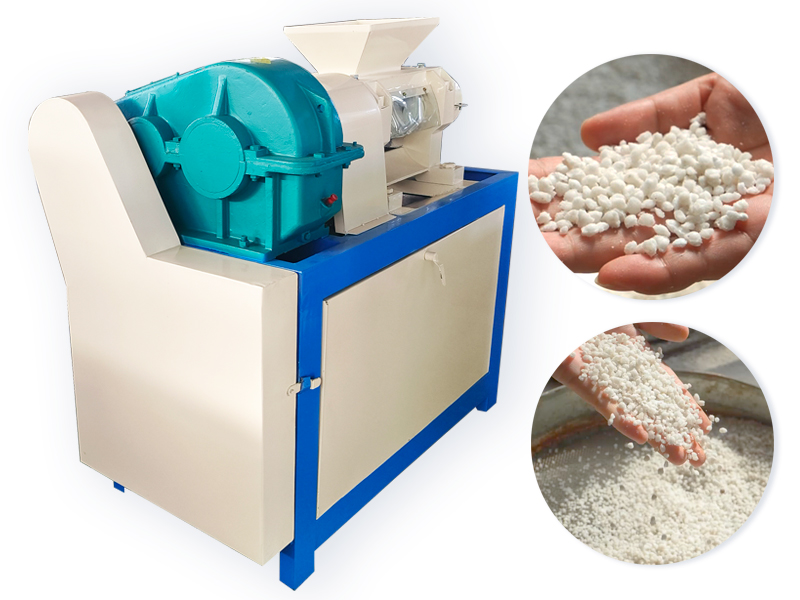
see details +
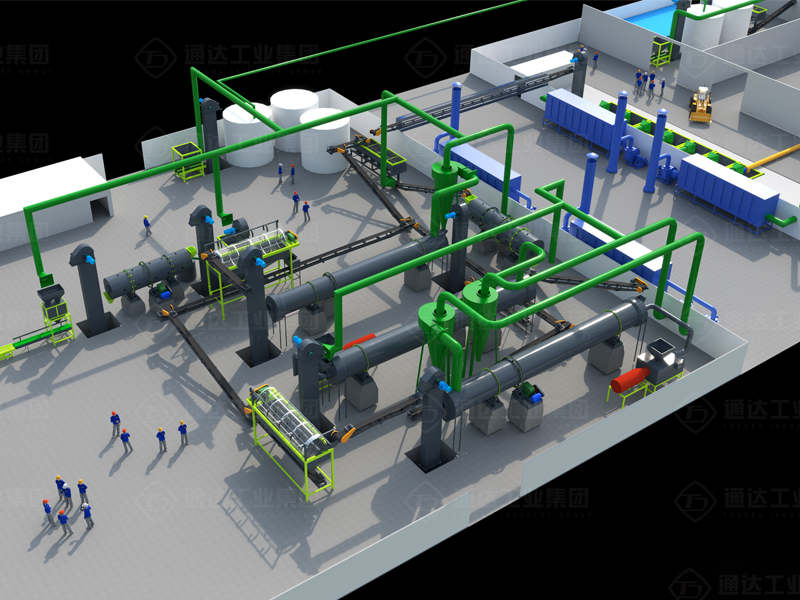
see details +
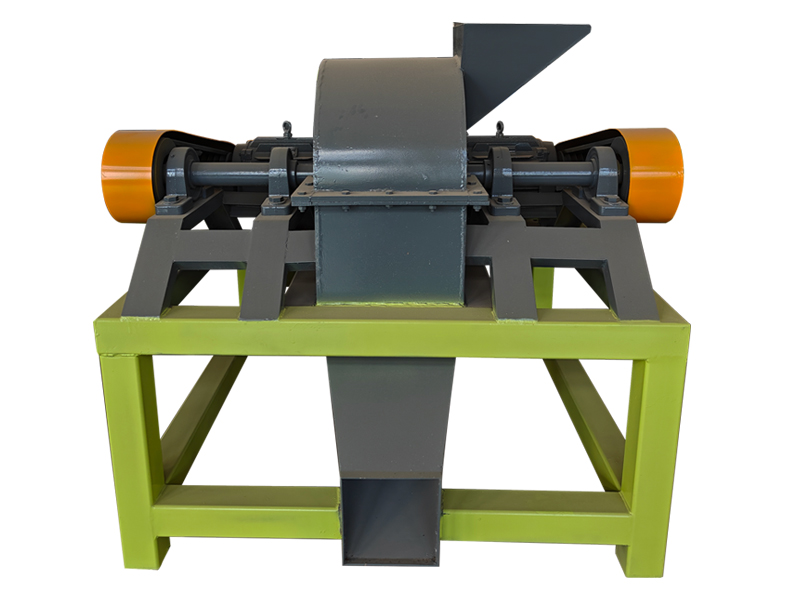
see details +
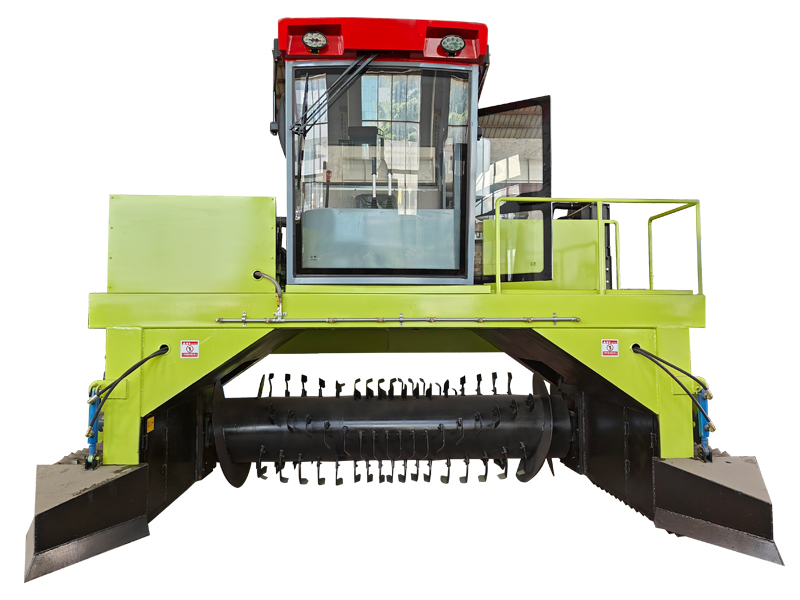
see details +

Fermentation Compost Equipment >
 Tel:+86 18538527111
Tel:+86 18538527111
 E-mail:[email protected]
E-mail:[email protected]
 Address:Longgang Development Zone Of Xingyang City, Zhengzhou City, Henan Province, China.
Address:Longgang Development Zone Of Xingyang City, Zhengzhou City, Henan Province, China.
Privacy Policy Copyright © Henan Tongda Heavy Industry Science And Technology Co., Ltd.